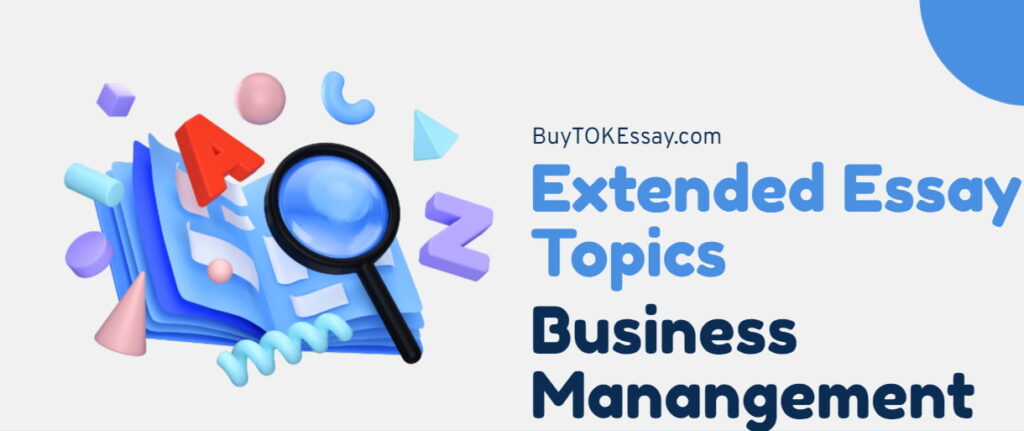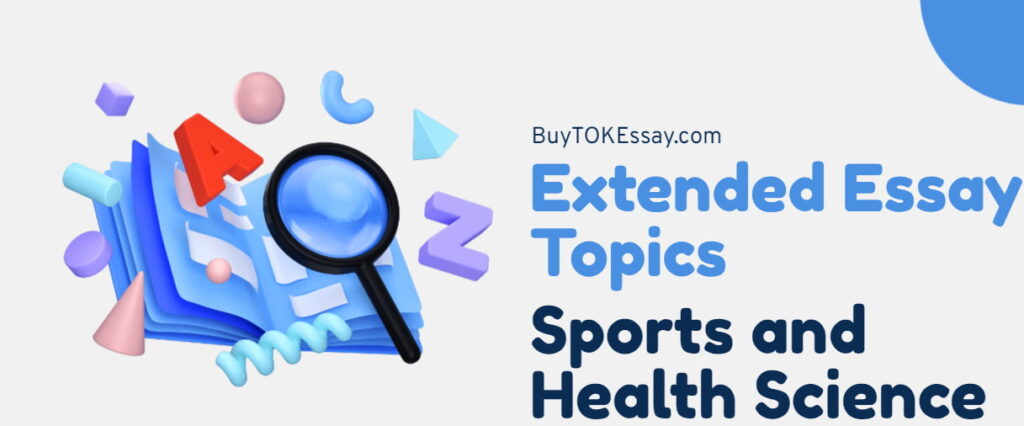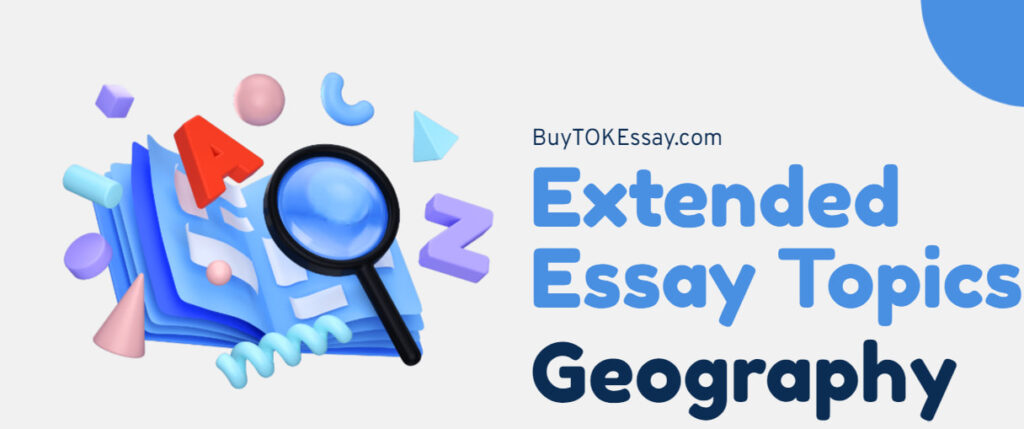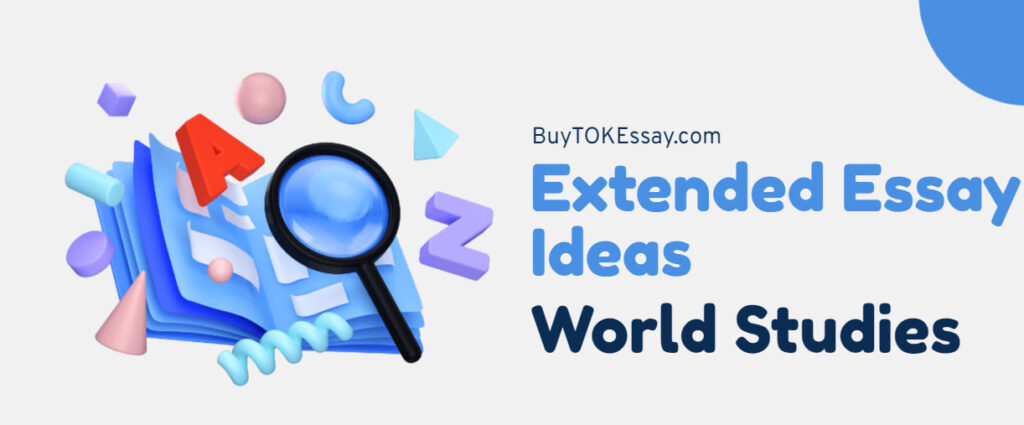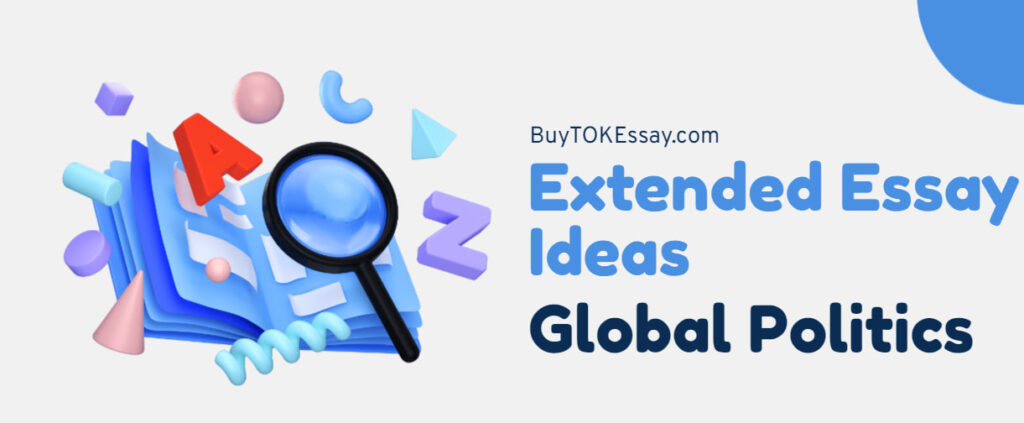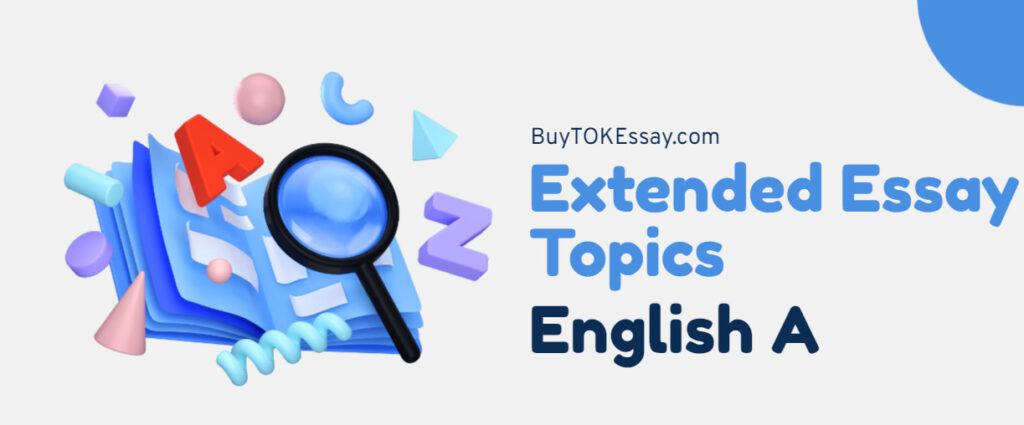I have spent many years dealing with the complex world of the International Baccalaureate, so I am aware of the uncertainty and interest surrounding the two main elements of the IB Diploma Programme: extended essay vs. Internal Assessment. Understanding the differences between these initiatives is essential for individual academic growth and IB achievement. Using my vast experience with the IB, I will examine the distinctions, importance, and insights into EE and IA in this piece.
- What Is an Extended Essay in the IB DP?
- What Is an Internal Assessment in the IB Curriculum?
- What Are the Major Differences Between EE and IA?
- How Do You Get Perfect Grades on Both EE and IA?
- Need Help with Your IB Extended Essay or Internal Assessment?
- What About the Similarities Between IA and EE?
- Conclusion
What Is an Extended Essay in the IB DP?
The extended essay is a standalone, self-directed research project that yields a 4,000-word document. The objective here is to provide students the chance to look into a topic of specific interest and familiarize themselves with the sort of independent research and writing abilities anticipated at university, following general IB requirements. One of the main features of the IB Diploma is the EE creation process, which challenges you and helps you get a thorough comprehension of the material.
Selecting a topic from among the permitted Diploma Program subjects, focusing on research question formulation, and methodically building an argument are essential parts of the EE. It is revised by a supervisor (often a teacher in your school) who offers direction and counsel. One of the most important steps is choosing a topic. It should be a subject you are sincerely interested in since your enthusiasm will guide your study and writing. This is what usually occurs:
- Choosing a topic. Find a topic and subject area that fits the IB requirements while piquing your interest.
- Formulation of research questions. Pick a particular research question that your EE will answer.
- Investigation and gathering of data. Assembling data from several sources to respond to your inquiry fully.
- Writing drafts and editing them. Make several drafts in response to criticism to ensure your argument is coherent and clear.
- Final output. Polishing your writing to the level of professional academic standards.
The assessment criteria for an extended essay center on showcasing robust research skills, upholding coherence in the argument, and offering original perspectives. The essay’s general structure and presentation are also essential evaluation factors. Here, the focus is not just on the results per se but also on your capacity to assess various viewpoints critically and incorporate them into an argumentative discourse.
For a detailed breakdown of what’s included in the extended essay word count, check out our latest guide.
What Is an Internal Assessment in the IB Curriculum?
In contrast to the extended essay, the Internal Assessment is a curriculum-based evaluation that differs between disciplines. In my experience, its main objective is to investigate course topics in a real-world setting, which can be fruitful and enlightening. The IA offers a unique synthesis of theory and practice essential to the IB concept, allowing students to demonstrate their comprehension and application of the subject matter in simulated or real-world circumstances.
Experiments for scientific classes, math investigations, and artistic performances are essential elements of the Internal Assessment. These assignments, usually finished in class, go toward your final IB course mark and demonstrate your capacity to apply what you’ve learned in the classroom to real-world situations.
Students may interact closely with the subject matter they have selected in a way that best fits their interests and learning style because of the variety of IA formats available. Depending on the route you choose, you might run into the following situations:
- Scientific trials. Creating, carrying out, and evaluating experiments, followed by outcome analysis.
- Mathematical research projects. Investigating intricate mathematical models and resolving practical issues.
- Artistic presentations. Producing and showcasing creative works in the performing or visual arts.
- Written evaluations. Crafting in-depth articles and reports in the social sciences and humanities.
- Oral presentations. Making presentations to demonstrate expertise, sometimes with multimedia accompaniment.
The primary grading factors for IA are your proficiency with methodological approaches, your comprehension of the topic, and the clarity of your presentation. Specific requirements for each topic clearly outline what you must do and how the evaluators will assess your work. I believe passing the IA requires a solid comprehension of the material and the capacity to use that knowledge critically and creatively in real-world situations.
What Are the Major Differences Between EE and IA?
Based on the IB criteria and my extensive knowledge, this section will describe the main distinctions between EE and IA.

Range and Depth of EE vs. IA
The breadth and depth of the EE and IA are very different. The extended essay comprehensively examines a selected topic that calls for substantial research and critical analysis. It allows students to investigate a subject that interests them, frequently going beyond the course material.
On the other hand, the Internal Assessment aims to evaluate how well you have applied the material covered in class. It is more narrowly focused and typically in line with the current curriculum. The IA’s depth generally is not as great as the EE’s, concentrating more on showcasing practical abilities than venturing into uncharted theoretical territory, following basic IB requirements.
Adaptability in the Choice of Topics
I believe there is far more leeway in selecting a topic for the EE than for the IA. If they can find a supervisor, students may choose a topic for their extended essay from any authorized DP subject, regardless of whether they are enrolled in that course. It provides a wide range of opportunities and promotes interdisciplinary research.
However, the IA topic must align with the curriculum of the particular subject for which the assessment is being done, restricting students to the issues and regions they have studied for the course.
Effect on the Total IB Score
The EE and IA have a major, yet distinct, effect on the final score under the overall IB criteria. The Theory of Knowledge essay and extended essay may add up to three more points to the total diploma result. This aspect presents a rare chance to significantly increase one’s overall point total.
Conversely, the IA’s input is subject-specific and gets included right into the subject’s final grade. Thus, demonstrating the significance of your IA performance is the direct correlation it has with your grade in that particular course.
Evaluation Standards of IA vs. EE
The EE and IA evaluation standards are specific while concentrating on distinct areas. Clarity of the research issue, development of the argument, critical thinking, and the formal essay presentation are the factors that determine the EE’s grade. It serves as a demonstration of your capacity for independent study and well-written argumentation.
Meanwhile, the IA is frequently evaluated based on analytical abilities, the precision of the methodologies employed, and the coherence and clarity of the presentation following the rubric particular to the subject. This point illustrates how the IA is more applied than the EE, which is more theoretical and broad.
Students who want to improve their projects may buy Internal Assessment to guarantee the highest-quality submissions.
How Do You Get Perfect Grades on Both EE and IA?
For many IB students, receiving the highest possible scores in the extended essay and the Internal Assessment represents the ultimate achievement. As an IB writer and mentor with a wealth of expertise, I can provide helpful guidance to help you succeed in these critical IB diploma components.
First and foremost, start the extended essay with a precise, targeted research topic. This is the framework for your essay, directing your sources and points of contention. Take the time to do in-depth research using various sources to create a comprehensive conversation. Examine your results critically, and make sure your thesis makes sense. Above all, strictly adhere to the EE requirements, emphasizing formal presentation, critical thought, and in-depth research.
Comprehending the particular requirements for your topic for the Internal Assessment is essential. Please carefully align your project with these criteria. See your instructor regularly to take advantage of their knowledge and suggestions. Methodical, step-by-step documentation of every choice and action should be part of any practical experimentation or inquiry. Reflective thinking is essential; critically assess your strategies and outcomes to demonstrate an understanding of your learning process.
Lastly, both tasks require superb time management. Begin early and budget for many iterations. Whether it’s for the EE or IA, keeping a timetable for careful planning, creation, and review of your work can improve the quality of your submissions and increase the likelihood that you’ll get flawless scores.
By the way, extended essay writing help and services like BuyTOKEssay.com may offer priceless resources and guidance to students needing extra support.

Need Help with Your IB Extended Essay or Internal Assessment?
Maximize your potential and boost your excellence with the help of our experts! Whether starting from scratch or fine-tuning your existing assignment to meet your supervisor’s demands, the BuyTOKEssay.com team is here to make your dream of a perfect paper a reality. Say goodbye to writer’s block and hello to success with just one click.
What About the Similarities Between IA and EE?
Although the IB curriculum’s extended essay and internal assessment differ in many respects, they nevertheless have essential similarities critical to students’ success. As an experienced IB writer, I’ve studied these similarities extensively, and I think that knowing them may improve a student’s approach to both assignments.
Students must first practice critical thinking and independent research for EE and IA. Students must traverse complicated material, evaluate data, and synthesize ideas regardless of the format or subject matter. Both share the following fundamental components:
- Research skills. Both tasks need high research proficiency, from locating trustworthy sources to using data wisely.
- Critical thinking. Examining and assessing many viewpoints is crucial to creating a well-rounded argument.
- Structured writing. The EE and IA need clear, cohesive, and logically organized presentations.
These tasks also require a high degree of time management and personal organization and are essential to the IB diploma. In my experience, students who perform very well on these assignments frequently demonstrate a great dedication to organizing their work and meeting deadlines.
In our latest article, you can also find out what seasoned IB writers say about the time needed to complete an EE.
In both situations, the supervision component — in which educators mentor students through the procedure — is also essential. Students who receive this mentorship are more likely to meet the criteria and have a deeper understanding of the subjects they are studying.
Conclusion
The extended essay and the Internal Assessment are essential components of the IB Diploma, each with unique goals and methods that must be followed. Knowing all aspects of the IA vs. EE framework will enable you to take advantage of them in the IB and get ready for more difficult academic work in the future.
So, best of luck with your writing and research! In addition, if you need assistance writing an Internal Assessment or Extended Essay on any subject, get in touch with our experts at BTE Service.
